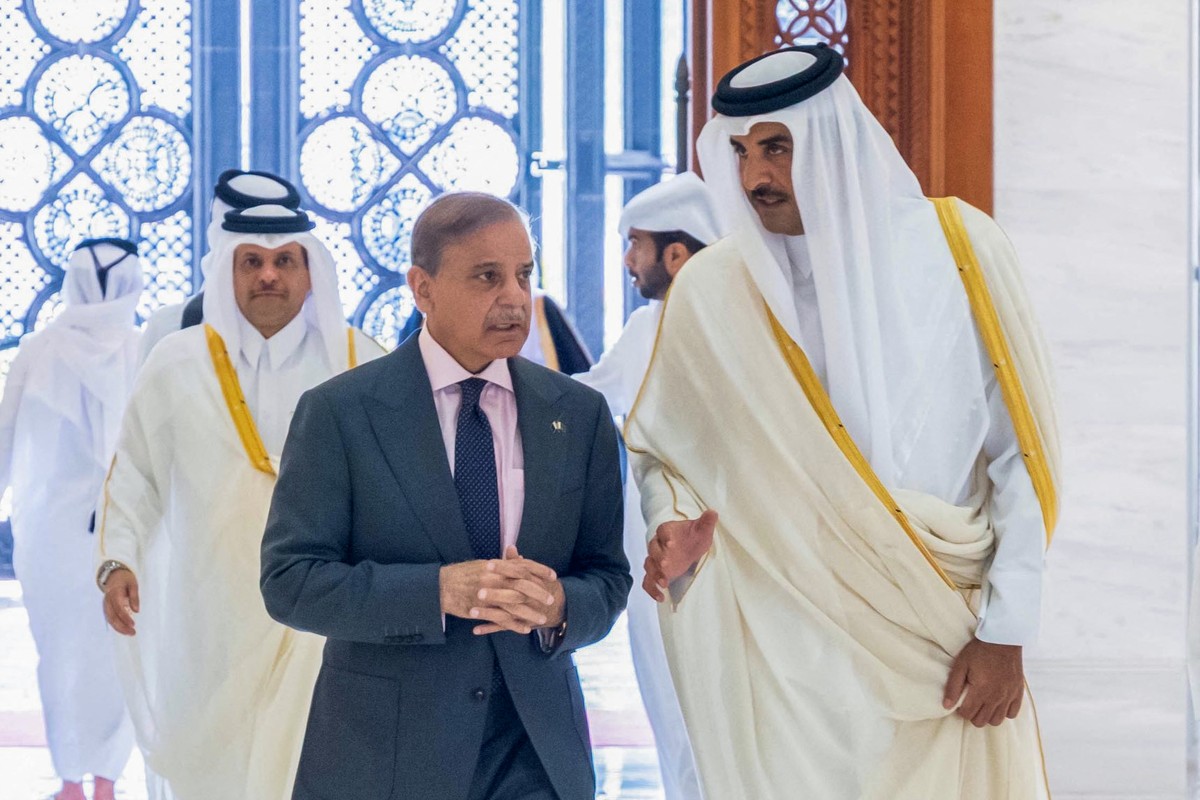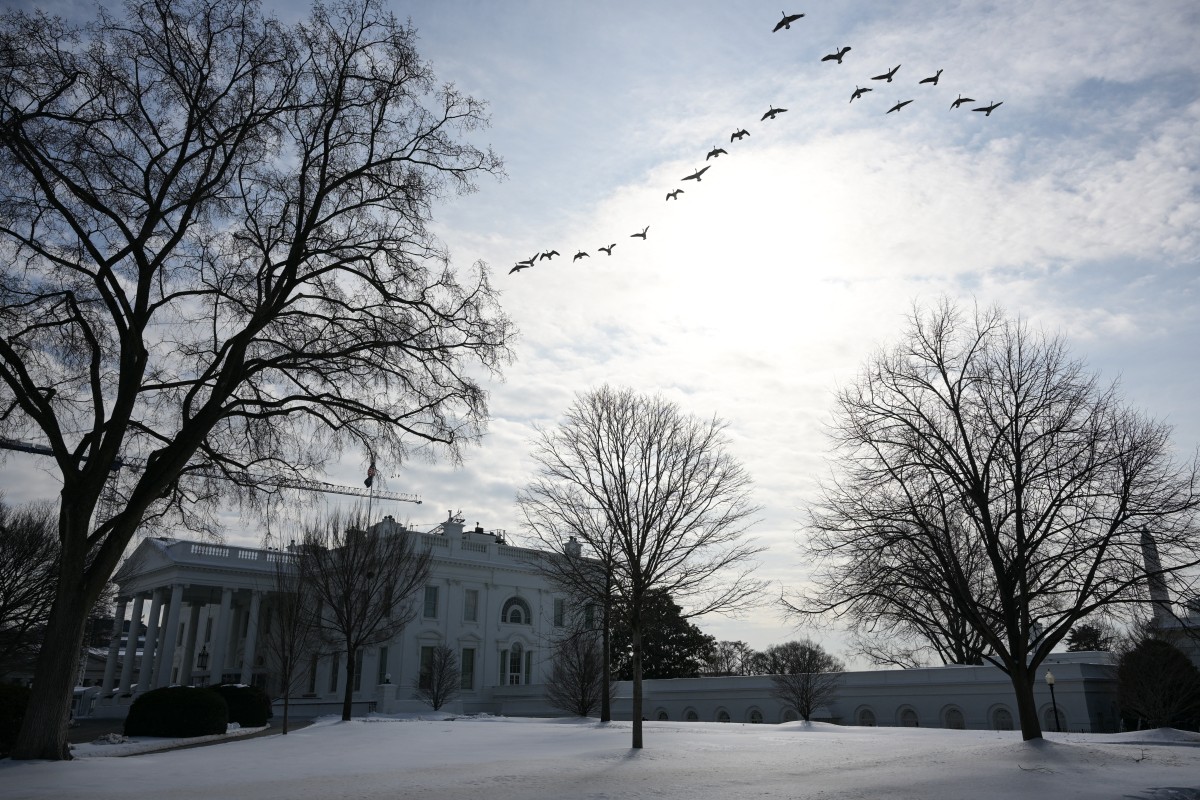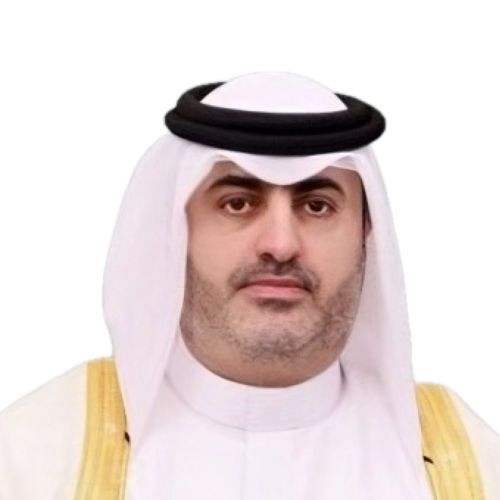In a world where conflict too often overshadows cooperation, the State of Qatar has pursued a path firmly anchored in the principles of peace, dialogue, and mutual respect. Qatar has earned a global reputation as a neutral and reliable mediator trusted to facilitate dialogue and bring parties together.
This is not merely a policy choice of convenience; it is a constitutional commitment. Article 7 of Qatar’s Constitution clearly stipulates mediation as a cornerstone of our foreign policy: “based on the principle of encouraging peaceful resolution of international disputes.” Guided by this principle, Qatar has consistently worked to manage conflicts and foster peaceful settlements, whether at the inter-state level or between states and non-state actors.
Since the early 2000s, Qatar has successfully mediated ceasefires, facilitated hostage releases and prisoner exchanges, launched national dialogue processes among other initiatives, contributing to peace facilitation and agreements in many conflicts at both regional and international levels.
Nowhere is Qatar’s commitment to peace more visible than in its sustained mediation efforts regarding Palestine. Qatar has consistently supported international initiatives to alleviate humanitarian suffering and facilitate dialogue aimed at ceasefires and long-term stability. Qatar’s efforts have included humanitarian assistance, reconstruction support, and diplomatic engagement with all relevant actors, always with the goal of protecting civilian lives and advancing the cause of a just and lasting peace.
Our efforts are not conducted in isolation. Qatar has built partnerships with leading countries in the field of mediation, including memoranda of understanding with Sweden, Norway, and Finland. These agreements, and others with bilateral partners, enhance knowledge sharing and cooperation, ensuring that best practices inform every negotiation process.
For Pakistan, a brotherly nation with whom we share deep historical and cultural ties and a common vision of regional stability, Qatar’s mediation efforts hold special significance. Pakistan’s own contributions to regional peace reflect its understanding of the challenges of conflict resolution. Together, our two countries can promote dialogue, cooperation, and diplomacy across South Asia, the Middle East, and beyond.
Qatar promotes both Track I diplomacy (state-to-state negotiations) and Track II approaches that include civil society, women, refugees, internally displaced persons, and other marginalized groups. This inclusive approach reflects our belief that sustainable peace requires the voices of all stakeholders.
Qatar’s mediation affirms that peace is not the monopoly of the powerful, but the responsibility of all. Guided by respect for sovereignty and non-interference, Qatar will continue to act as a bridge-builder and engage in mediation only with the consent of all parties. This principle of consent and neutrality is precisely why Qatar has been consistently invited to facilitate some of the world’s most complex and sensitive dialogues.
At a time when the world is marked by uncertainty, Qatar remains steadfast in its commitment to fostering dialogue and reconciliation. We stand ready, with partners like Pakistan, to demonstrate that peaceful resolution is not only possible but essential for a stable and just global order.
The author is the Ambassador of the State of Qatar to the Islamic Republic of Pakistan.

.jpg)
.jpg)
.jpg)

